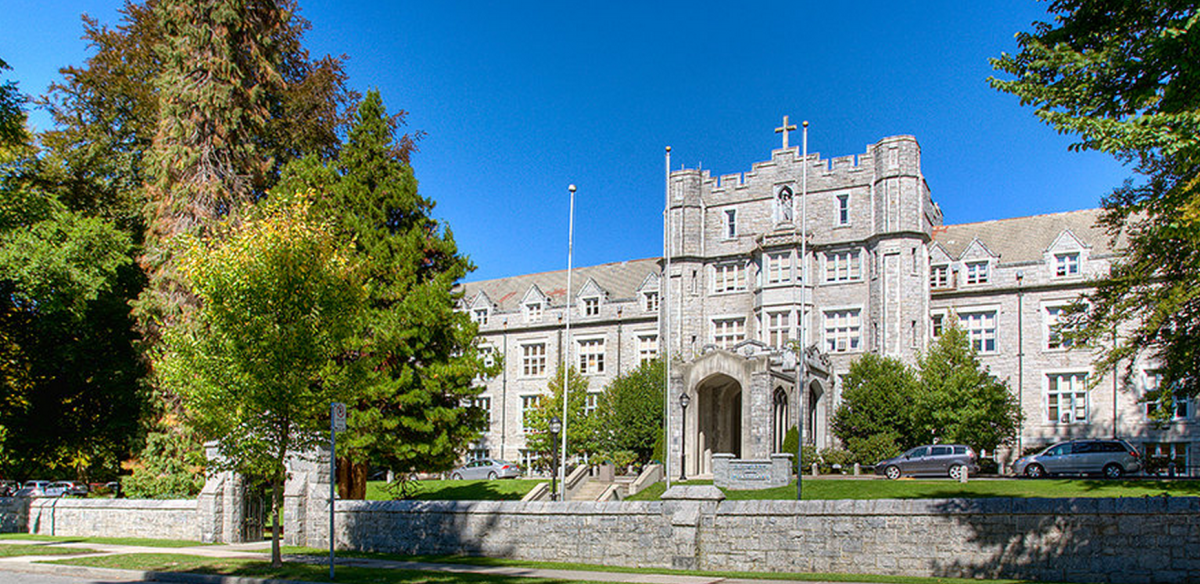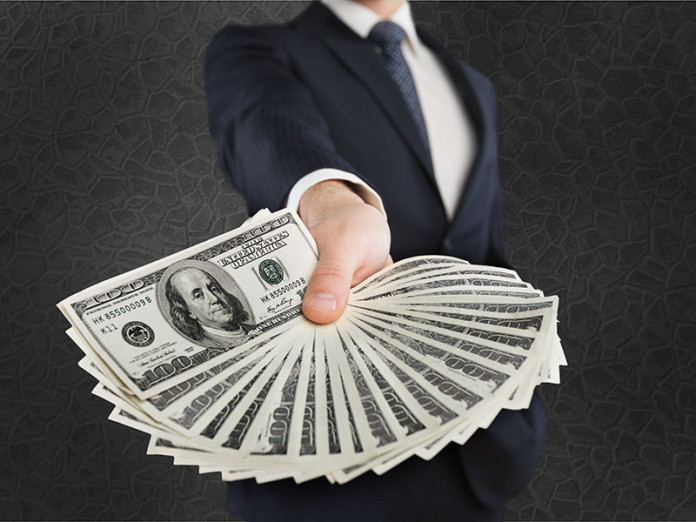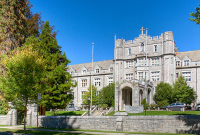In Canada, we strive for equality and embrace the diversity of others. We welcome those from different ethnicities, religions, nationalities, cultures, castes, and socioeconomic backgrounds. We firmly believe in protecting the human rights of not only those that live within our borders, but also those abroad. However, if your income is above $120,000, this does not apply to you.
In this country, the narrative, as recently evidenced in a recent op-ed in National Observer, involves shaming, publicly, the wealthy. Phrases such as: “Just part of the rich secret handshake club. The rich have lots of secret clubs… When you’re rich, every day’s your birthday and everybody’s your friend,” speak volumes to the bullying that the wealthy experience in this country.
Who are the rich?
The rich are our doctors, lawyers, business executives, and accountants to name just a few. Perhaps the most important of the rich are our entrepreneurs. Entrepreneurs create products and services that meet our needs. They create entire industries. They create jobs that lift people from the depths of poverty into the middle-class and beyond. Through their efforts, entrepreneurs help entire nations emerge into industrialization. Like Atlas, entrepreneurs carry the economic weight of society on their shoulders. Knowing how important entrepreneurs are to the economy, governments around the world fund various programs to stimulate entrepreneurship.
How are the rich discriminated against?
Instead of rewarding the wealthy with the treatment that they deserve, in Canada, we ironically punish them. In our tax structure, the rich are systematically discriminated against. According to the Canada Revenue Agency, individuals with an annual household income of $100,000 are required to pay approximately 30 per cent income tax. If one’s income is over $135,000, 46 per cent of gross salary is paid in income tax. For those with incomes over $500,000, the income tax rate is approximately 50 per cent. However, individuals with an annual household income below $11,000 are not required to pay income tax. Individuals with an annual household income of less than $44,000 pay 15 per cent income tax on their gross salary.

That’s not all. In the case of child tax benefits, if one’s salary is $43,000 per year, an individual can receive $1,425, $2,850, and $4,398 per year for one child, two children, and three children, respectively. An individual with an annual household income below $26,000 per year can receive, $3,687, $7,114.92, and $10,548 per year for one child, two children, and three children, respectively. However, if an individual has an annual income of more than $120,000 per year, they receive nothing.
Cleary, the wealthy not only carry the weight of our economic system, but they also flip the bill for our government-funded programs. As Ayn Rand implied in her famous novel, what happens when Atlas shrugs? In other words, what happens when the wealthy become fed-up with not only carrying the weight of the economic system, but also the bullying that they encounter in society?
The rich are intelligent and they know where and how their wealth can be protected. To avoid the inequality that they experience, several issues can arise:
1. Tax avoidance
The rich can simply move to a tax-friendly location. They can also hire tax accountants and lawyers to assist them in creatively complying with the tax law.
2. We kill the motivation of entrepreneurs
Taxation determines the incentives for work effort, labour supply, career aspirations, and the propensity to upgrade one’s skills. Excessive taxation may lower economic productivity, the skills of the workforce, and impair the supply of skilled workers that are willing to participate in the labour force. Excessive taxation decreases the economic rewards to entrepreneurs and discourages entrepreneurial activity.
3. We experience brain drain
When individuals are taxed, excessively, the incentive to achieve one’s economic ambitions deteriorates. This can also result in ‘brain drain’ where the best and brightest members of society, those that are the economic backbone of our nation, immigrate to nations with lower tax rates.
4. We experience class tensions
As we have seen in the popular press, there are class tensions in our society. We shame the rich and expose their tax savings initiatives. However, not only is the bullying and the systematic discrimination of the rich an affront to human rights, it is also damaging to the economic system.
As a land that fundamentally embraces equality, human rights, and diversity, we, as a society, need to think critically about our behaviour. This is not about rich versus poor, communism versus capitalism, proletariat versus bourgeoisie, conservative versus liberal, or democrat versus republican. This issue cannot be placed on a political or ideological spectrum. It is fundamentally about human rights. Indeed, the public good can never be achieved where one group is sacrificed at the expense of another because, in this system, all human rights are violated. Perhaps more fundamentally, when are we, as a nation, going to practice what we preach?
Some of the ideas expressed in this article are based on: Overall, Jeffrey (In press) Practice what your preach: The failure of the welfare state and the discovery of total equality through capitalism. International Journal of Public Policy.





Comments
This article is ridiculous.... I feel like I'm reading an Onion Article. Is this website satire?
"creatively complying with the tax law" that's a "creative" name for tax evasion. The only evidence or citations you offer is a loose paraphrased quote from Atlas Shrugged? Maybe you should do more research before you write your next article. I was unaware that taxation was a human rights issue.... boo-hoo I have no sympathy for the super-rich.
I suppose it's only fair, even morally imperative, to publish views dissenting with op eds.
Objectivism, really? The bullied rich, really? Do I have to take this seriously? In Canada?
The photo should really be of Canadian currency. We don't use American greenbacks here.